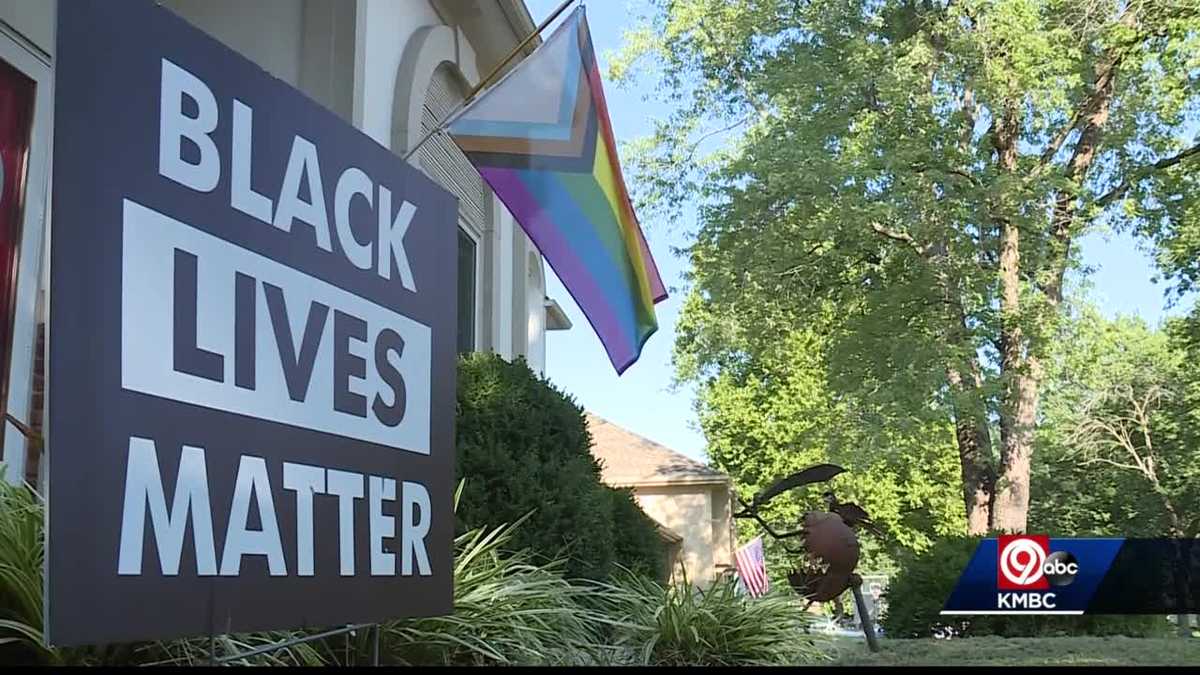Durham, N.C. — E-cigarette maker Juul agreed Monday to pay North Carolina $40 million and adjust its sales and marketing strategies to settle a lawsuit filed by the state.
“Juul sparked and spread a disease – the disease of nicotine addiction,” Stein said in announcing the settlement. “They did it to teenagers across north Carolina and this country simply to make money. Their greed is not only reprehensible, it is also unlawful.”
In 2017, nearly 17 percent of all North Carolina high school students reported using an e-cigarette within the previous 30 days. Two years later, those numbers had risen to 28 percent.
A Juul spokesman said in a statement that the settlement is “consistent with our ongoing effort to reset our company and its relationship with our stakeholders.”
Stein sued Juul two years ago, arguing that the company designed, marketed and sold its e-cigarettes to attract young people and misrepresented the potency and danger of nicotine in its products. Other states and school districts then followed North Carolina’s lead. The Wake County Public School System is considering its own lawsuit against the company.
In an initial response to the lawsuits, Juul stopped selling dessert- and fruit-flavored e-cigarettes, as well as mint flavors, all of which were popular with teens.
“Juul must change the way it does business, the way it markets the product, the way it sells the product,” Stein said. “And it has to pay to help all these thousands of teenagers in North Carolina struggling with addiction.”
Following are some conditions the company agreed to in the settlement:
- No marketing that appeals to people under age 21
- No use of most social media advertising, influencer advertising, outdoor advertising near schools or playgrounds or sponsorships of sporting events and concerts
- No claims that compare the health effects of Juul with regular cigarettes in its marketing materials
- No online sales to anyone not age-verified by an independent verification system and making sure third-party sales partners do the same
- No retail sales to anyone not age-verified using a barcode scanner
- Ensure its products are sold behind counters so shoppers cannot access them without a shop employee’s assistance
- Maintain a retailer compliance secret-shopper program in North Carolina to ensure these measures are followed and hold accountable retailers that fail
- No new flavors or nicotine content levels without U.S. Food and Drug Administration authorization
“We look forward to working with Attorney General Stein and other manufacturers on the development of potential industry-wide marketing practices based on science and evidence. In addition, we support the attorney general’s desire to deploy funds to generate appropriate science to support North Carolina’s public health interventions to reduce underage use,” the Juul spokesman said in a statement.
“We seek to continue to earn trust through action. Over the past two years, for example, we ceased the distribution of our non-tobacco, non-menthol flavored products in advance of FDA guidance and halted all mass market product advertising. This settlement is another step in that direction,” the statement concluded.
The $40 million will be paid to North Carolina over six years, and Stein said the money will fund programs to help people quit e-cigarettes, prevent e-cigarette addiction and research e-cigarettes.
“These dollars will make a meaningful difference in the lives of thousands of North Carolina teens struggling with e-cigarette addiction,” he said.
“Tobacco is a legal product, and I’m not looking to ban tobacco,” he added. “I’m not looking to ban e-cigarettes. If adults want to choose to do that, then they have the right to do so. I just want to protect kids.”








